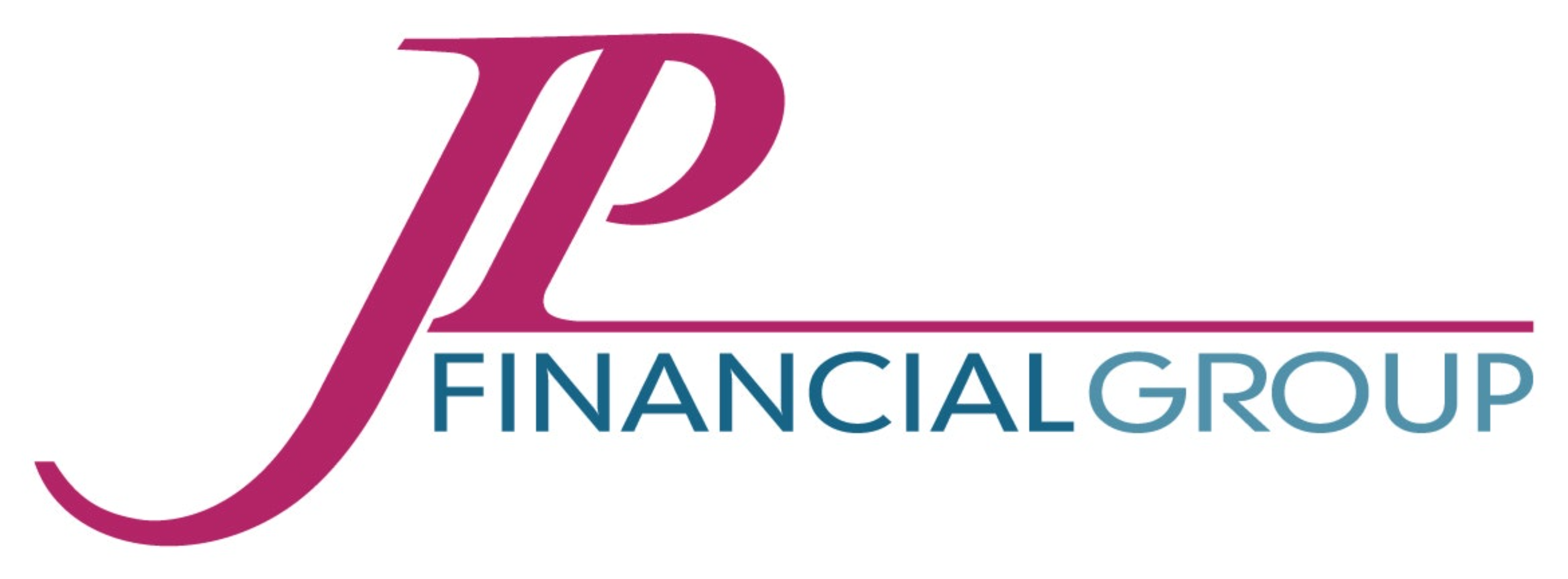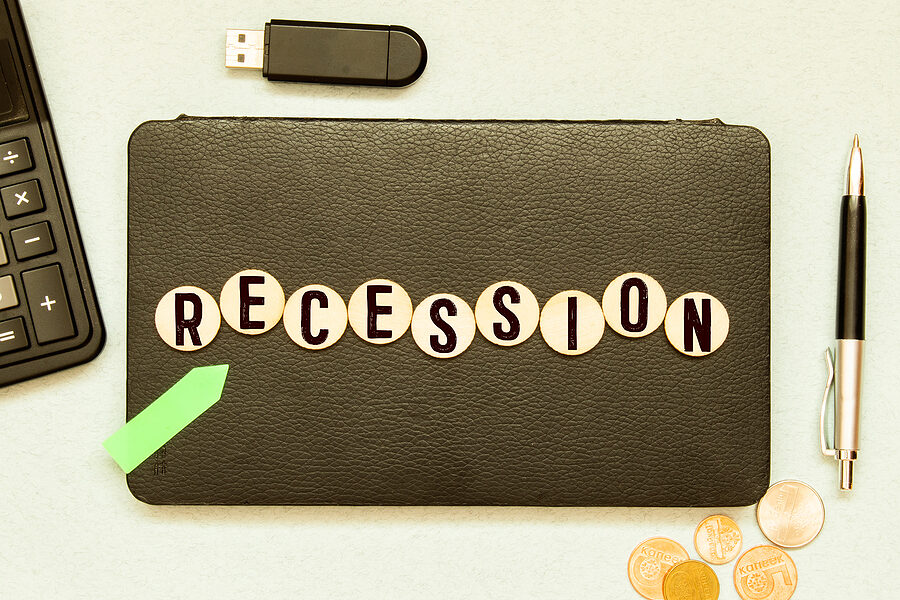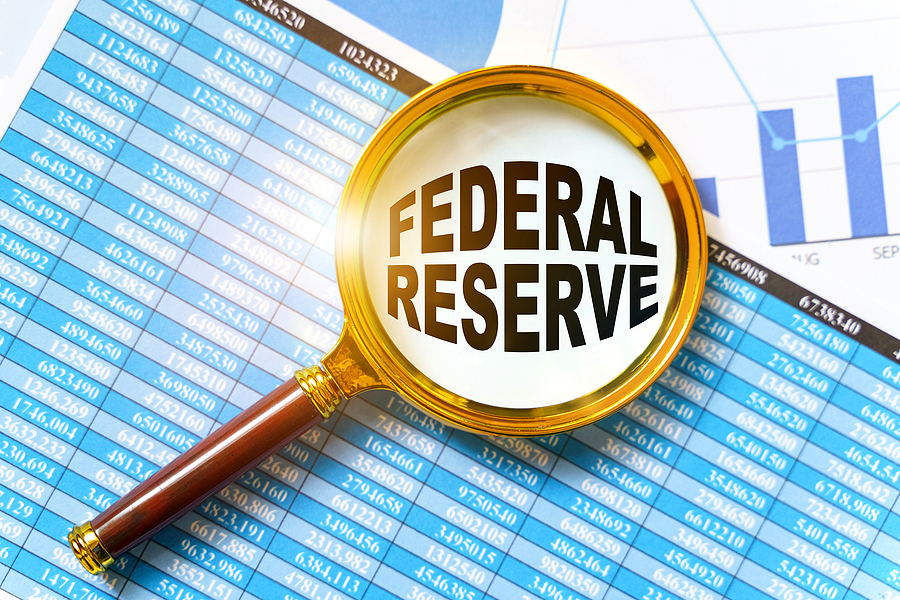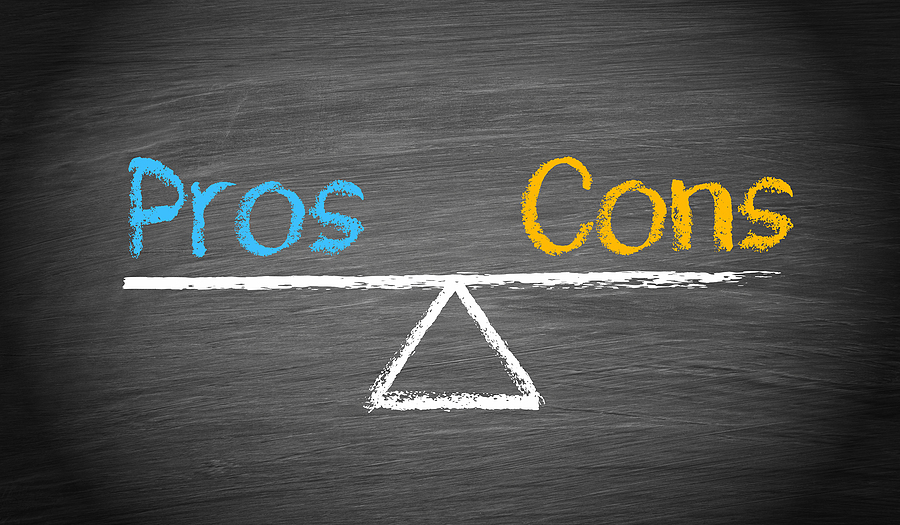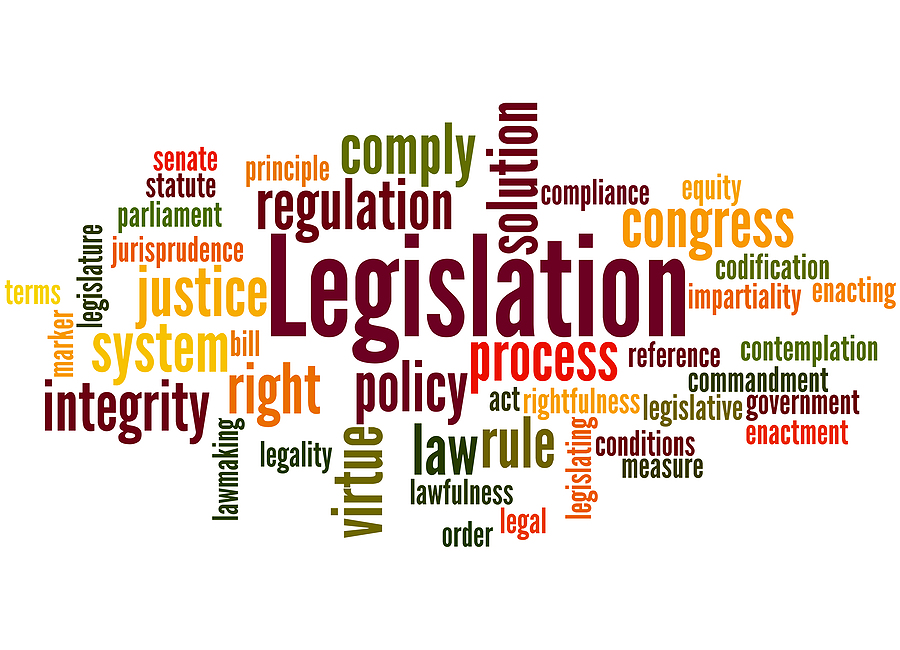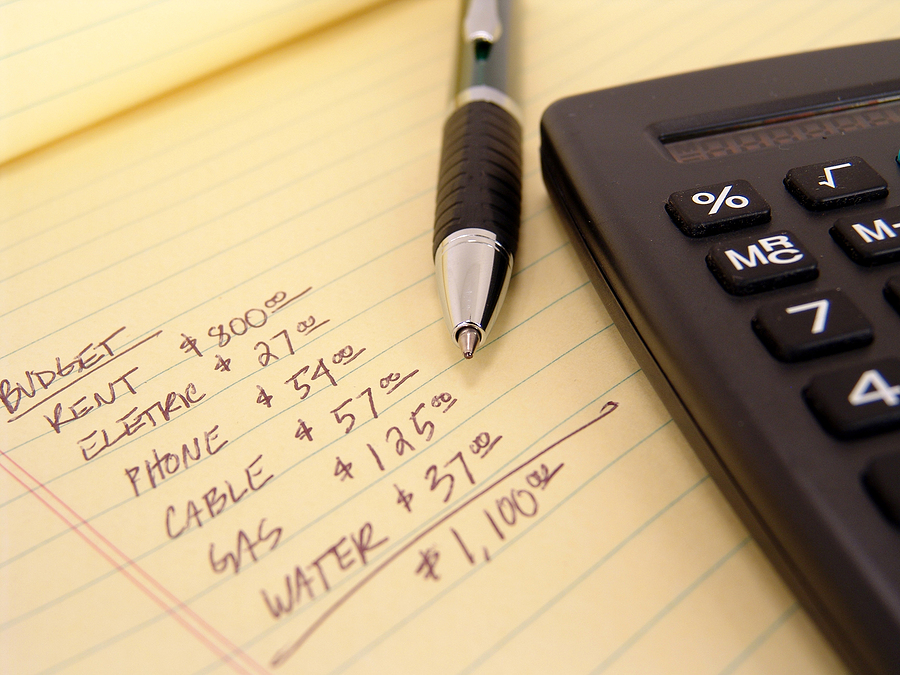News
Comprehensive Ways to Navigate Your Retirement Savings
To navigate your retirement savings can be a challenging process due to the inherent complexities and the multitude of factors that tend to affect the most confident plan.
Understanding the 2024 Social Security Changes: A Comprehensive Review
As the landscape of our economy shifts and evolves, so do the policies and practices that guide our federal programs.
Unveiling the Top 3 Finance Trends for Individuals in 2024
As we become more entrenched in the digital age, financial practices and finance trends for individuals continue to evolve. While technologies in the financial sector are redefining traditional practices, in 2024, individuals will have more tools available to help them manage their finances. Here are 3 finance trends to examine for individuals in 2024.
5 Simple Ways to Improve Your Finances in the New Year
The onset of a New Year often brings a spirit of change and improvement. One area of life that often receives excessive attention in the New Year is our finances. Below are 5 simple ways to improve your finances
7 Reasons For Tactically Using Your Credit Card to Pay Bills
While we typically think of cash, checks, or direct bank transfers as ways to pay our bills, using a credit card can be a viable option when executed tactically. Paying bills with a credit card can offer convenience, rewards points, and the potential to build credit. However, mishandling this strategy can lead to high-interest debt and a damaged credit score. Here are some tactical points to consider regarding paying your bills with your credit card:
The Extended Impact: Why Recessions Aren’t Just About Economic Growth
Recessions, defined by consecutive quarters of negative economic growth, have been a cyclical feature of market economies since their inception. While it’s tempting to quantify a recession solely in terms of GDP contraction. It’s crucial to understand that the implications stretch far beyond economic growth. To truly appreciate the encompassing impacts of a recession, one must delve into various areas that may be affected:
How AI is Making Financial Fraud Harder to Spot
As we continue to navigate the digital era, the technological advancements of Artificial Intelligence (AI) have impacted many industries, most notably finance and banking.
6 Reasons Why You Should Have a Personal Budget Calendar
Many people are familiar with budgeting, providing a roadmap for spending habits. While there are many ways to budget, one standout tool is the personal budget calendar, which helps track your income and expenses spread over days, weeks, and months. Personal budget calendars help you plan and control spending, resulting in financial confidence. Here are six reasons why having a personal budget calendar may be beneficial:
What Is the Beige Book and Why Should You Care?
The Federal Reserve System, also referred to as The Fed, holds a vast influence on the U.S. and global economies. One of the lesser-known but impactful tools is the Fed’s Beige Book.
The Economic Significance of Black Friday
The celebration of Thanksgiving precedes a commercial holiday, Black Friday, which is recognized in the United States and other countries worldwide. At first glance, Black Friday is a day for enticing discounts and irresistible offers. But on closer examination, it is a day of economic significance. Historically, Black Friday has been a day for retailers and consumers alike, contributing to factors such as a surge in consumer spending, stimulation of the economy, and increased retailers’ profits.
